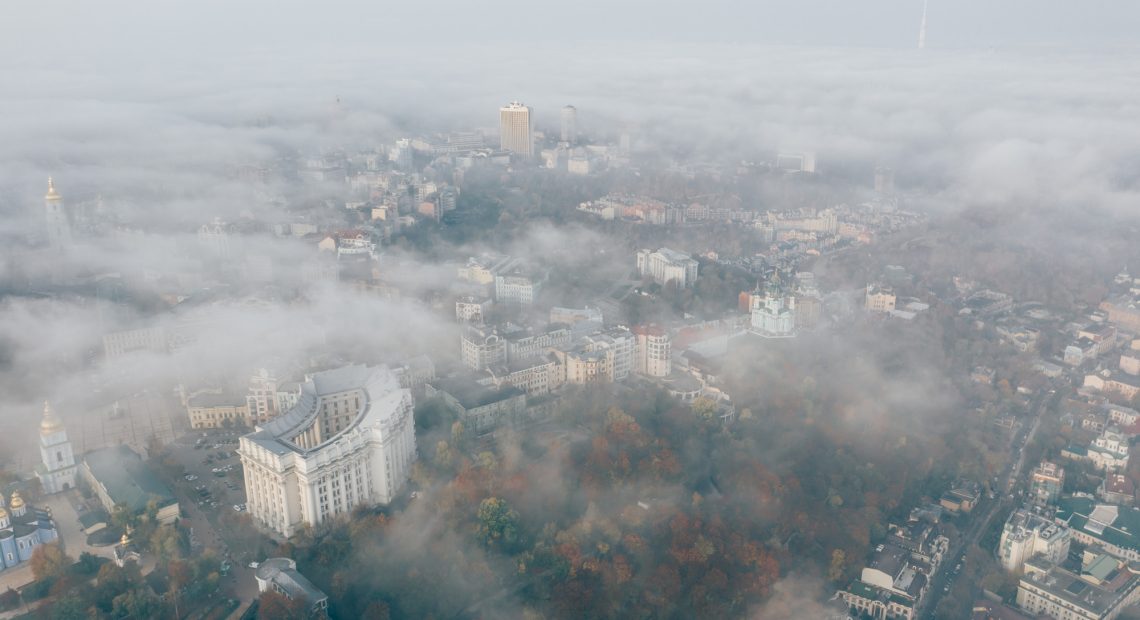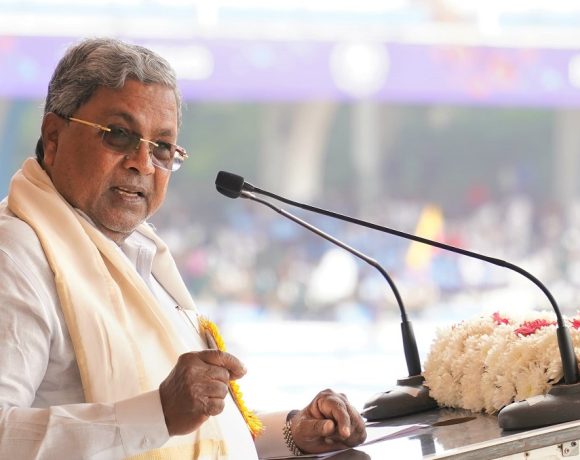
Bombay High Court Urges Action on Mumbai’s Air Pollution
The Bombay High Court has raised concerns over Mumbai’s deteriorating air quality, emphasizing the need for immediate and stringent measures to tackle rising pollution levels. The court’s observations come as the city witnesses alarming Air Quality Index (AQI) readings, which have sparked public health concerns.
Diesel Vehicles and Wood-Fired Bakeries Under Scrutiny
During a hearing, the court pointed out two major contributors to air pollution: diesel vehicles and wood-fired bakeries. The judges stressed the urgent need to regulate emissions from diesel vehicles, which contribute significantly to the city’s air quality woes. The court also highlighted the impact of wood-fired bakeries, directing authorities to assess their role in increasing particulate matter levels.
The bench remarked, “The air quality in Mumbai is becoming a cause of concern for everyone. Authorities must act promptly to address the sources of pollution.”
Rising AQI Levels
Mumbai’s AQI has consistently remained in the “poor” to “very poor” category in recent months, particularly during winter when atmospheric conditions exacerbate pollution. High levels of particulate matter (PM2.5 and PM10) in the air pose serious health risks, especially for vulnerable groups like children, the elderly, and those with respiratory ailments.
Court Seeks Government’s Response
The court has asked the state government and local authorities to submit detailed action plans to combat air pollution. This includes implementing stricter emission norms, promoting cleaner transportation alternatives, and exploring solutions for wood-fired bakeries to reduce their environmental impact.
The judges also suggested enhanced public awareness campaigns to educate citizens about the health implications of poor air quality and encourage sustainable practices.
Long-Term Measures Needed
Experts argue that tackling Mumbai’s air pollution crisis requires a combination of short-term interventions and long-term policy changes. Promoting electric vehicles, expanding green cover, and improving public transportation infrastructure are seen as critical steps toward achieving sustainable air quality improvements.
Conclusion
The Bombay High Court’s proactive stance on air pollution underscores the urgent need for collaborative efforts from authorities and citizens to address this pressing issue. With rising health concerns and the city’s air quality in decline, swift and effective action is essential to safeguard public well-being and ensure a cleaner, healthier Mumbai for future generations.


















